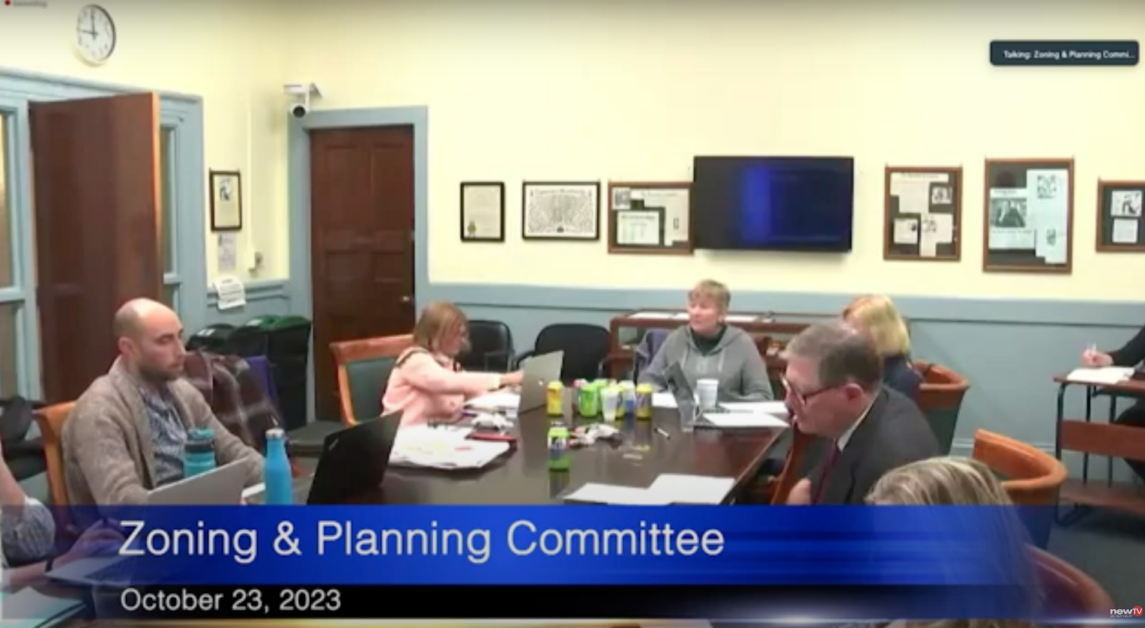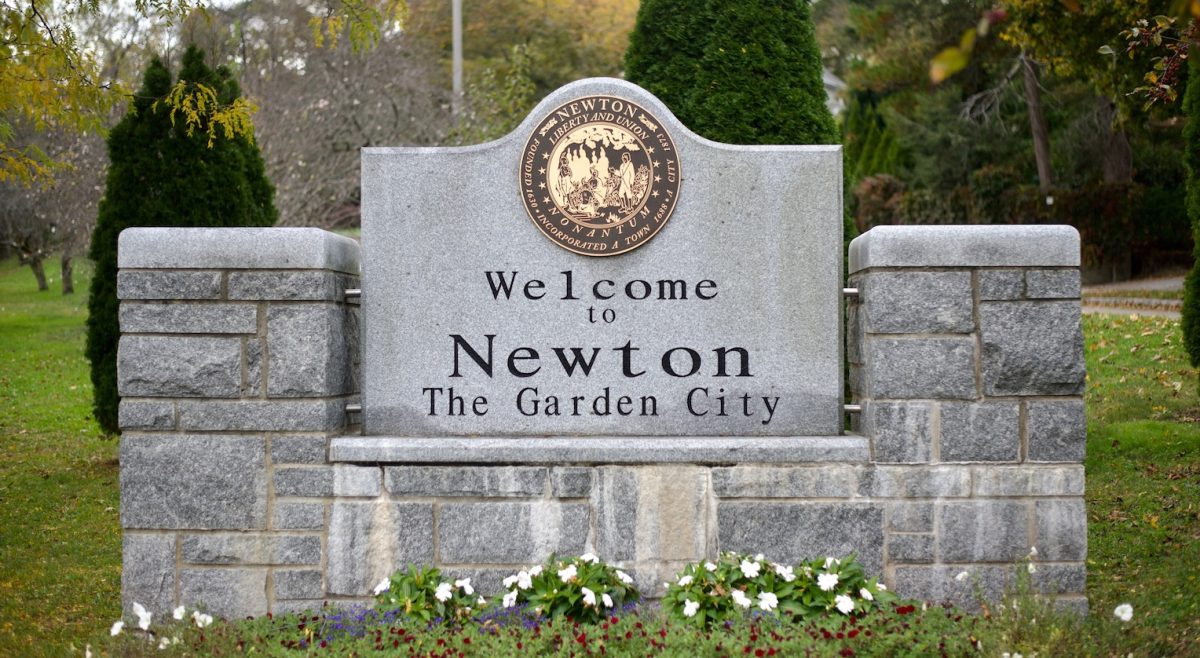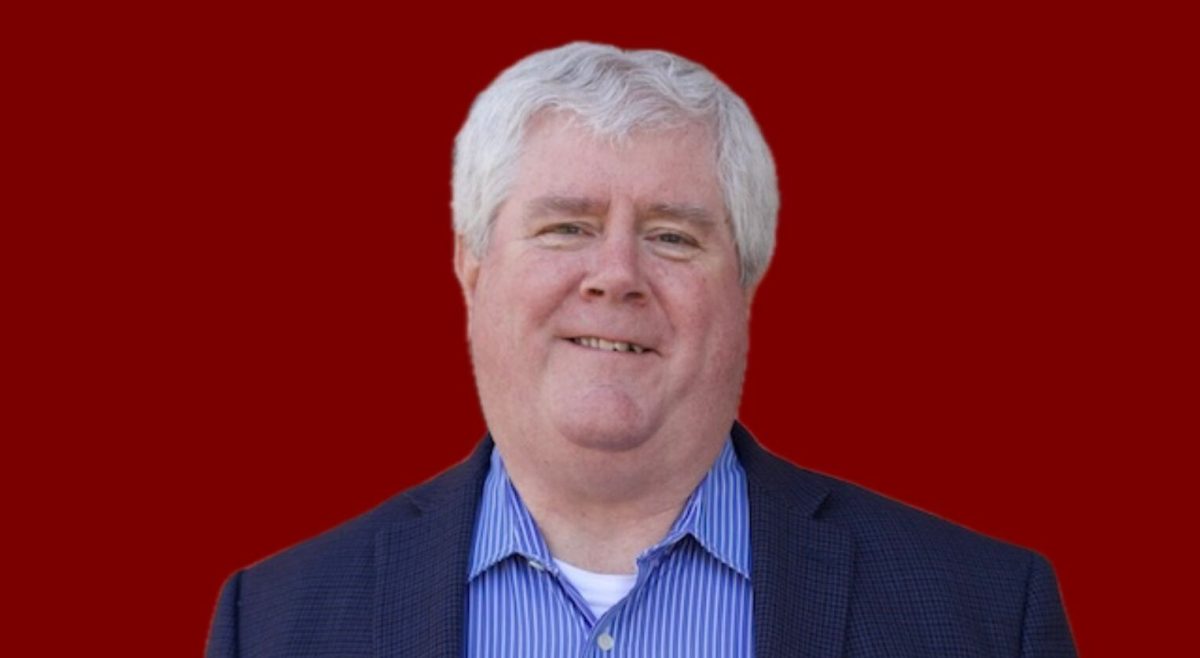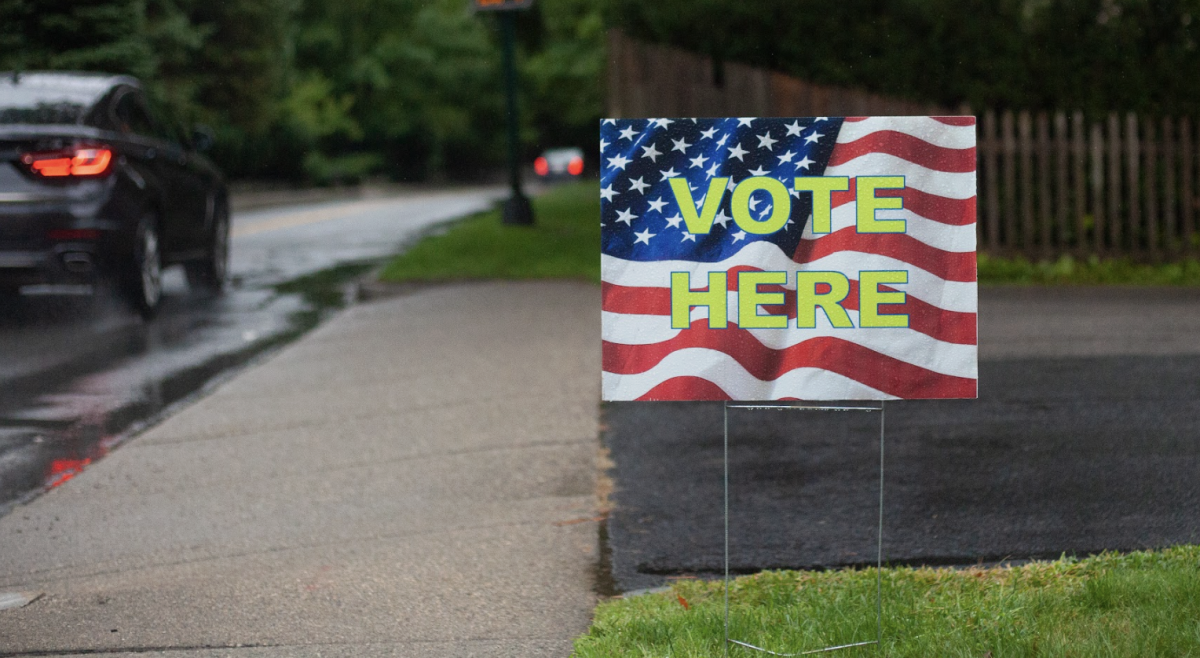Newton City Council’s Zoning and Planning Committee (ZAP) voted to approve the third version of the Village Center Overlay District (VCOD) plans in a meeting on Oct. 23. The approved plans will be sent to a vote in the full city council.
“After almost three years of deliberation and some excellent work by our staff and consultants … we’re ready to vote this item forward,” Ward 5 Councilor-at-Large Deborah Crossley said at the meeting.
The votes tallied five in favor, one opposition, and one abstention. Ward 3 Councilor-at-Large Pamela Wright opposed passing VCOD 3.0 and Ward 7 Councilor R. Lisle Baker abstained.
The committee’s work consisted of three phases involving data analysis beginning in April 2021, according to the city’s website. The city’s village centers have not received any major zoning updates in over 30 years.
A major theme surrounding the zoning debates was the debate over adhering to the MBTA Communities Law, which the state passed in 2021.
The MBTA Communities Law forces the city to allow for the construction of additional units in village centers across Newton to remain eligible for state funding. The city must adopt certain zoning ordinances by Dec. 31, 2023, to remain compliant with MBTA guidelines and eligible for funding, according to the city’s website.
The approved plan is compliant with the act, according to Newton Mayor Ruthanne Fuller’s newsletter. It also takes resident feedback into consideration, encouraging the preservation of buildings by allowing more units when an existing house is converted into multiple units and encouraging smaller buildings by capping building size at 4.5 stories with a 15,000-square-foot footprint.
“The zoning provides for housing and commercial opportunities near transit, shops, restaurants, and places to gather while helping small businesses by providing clear rules and helping vitality by requiring ground floor retail or restaurants in key locations,” Fuller said in her newsletter.
Fuller said that this plan comes after years of hard work and deliberation.
“The Committee vote follows nearly three years of community and Committee discussion on how best to position our commercial village centers to be healthy and vibrant,” Fuller said.
The full city council will meet on Nov. 15 to debate the plan, with a date for a final vote not yet determined.
ZAP also failed to pass a proposed parking requirement under the VCOD at its meeting, citing concerns of burdening small businesses.
In Monday’s discussion of the project, Ward 7 Councilor Lisle Baker proposed then withdrew an amendment that would have required zoning for one parking space for every 1,000 feet of commercial space and one space for every eight employees, waivable by special permit.
Baker voiced concerns that without a requirement, the supply of parking would not be able to accommodate the denser population that village center zoning is supposed to encourage.
“We’re making a demand for vehicles without any assurance of supply,” Baker said. “We’re leaving it to the market.”
Deputy Director of Planning Jennifer Caira argued that parking requirements were not the best way to address a lack of parking in the city, as they don’t offer any new sources of parking, just a demand for it.
“Imposing a parking requirement doesn’t create parking, it creates the requirement to go through a waiver process,” Caira said. “We’re not going to create parking for existing buildings unless we start tearing down existing buildings.”
According to Caira, requiring parking for businesses would create unwanted traffic in the village centers, areas that are intended to be walkable.
“We hear a lot of concerns about increasing traffic, and one of the best things we can do is not encourage more parking spaces and cars than we need,” Caira said.
City Council President Susan Albright claimed that businesses typically acquire special permits through the City Council’s Land Use Committee to waive parking requirements, so including these requirements in village center zoning would be useless.
“The Land Use Committee by and large always waives the parking requirements,” Albright said. “So you’re asking these people to spend a lot of time and money to do something which is always waived at the other end.”
According to Ward One Councilor-at-Large Alison Leary, the proposed requirement would prevent new businesses from coming to Newton.
“None of the businesses in Nonantum would exist if we required parking,” Leary said. “We heard loud and clear from our consultant that parking requirements kill projects, kill local businesses, kill restaurants, and create a barrier for them doing business in the City of Newton, and I’m not willing to put that barrier in place.”














